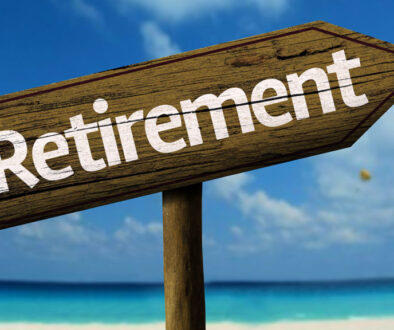A Framework For Investing
Saving for the future is on everyone’s mind, we all want to secure some financial stability for the future, whether it is a retirement fund or simply to have something to pass down to the future generations. Putting finances in a standard savings account can reap some growth on an investment, but this is a very slow and gradual increase. There are better ways to invest money that can reap much more lucrative rewards, however, there is a technique to this and it does not come without risk. In the following sections, we will take a look at some of the key principles that should be taken into account.
What are the core investment options available to me?
Investment can be a daunting and dangerous topic for people who are new to the scene. But if you strip away some of the complexities, people will see that it really isn’t that difficult, unless you are involved in a financial profession.
In the main, people general choose from one or more of the following four categories of investment. Below is a short explanation about each one:
– CASH: This is your standard savings account. Your bank and building society will give you a return of interest on the money you keep with them. You usually have access to your money but the ongoing return is small and would take quite some time to make anything substantial.
– BONDS: Can also be known as fixed interest securities. When you buy bonds, you are essentially loaning your money to the organization you have selected. This is not like investing in shares where company value affects your return; this is simply a return of interest on money loaned.
– SHARES: This is where you would buy a number of shares in a company. In effect, you now own a percentage of the organization and thus are entitled to some of the profit. Having a keen eye on the market is important here if the company goes bust, your return is lost. If there is a boom in need for the products you have invested in, you could make a packet.
– PROPERTY: Quite simply the purchase of a house, or any other type of property, in the hope that the value of the asset will increase over time. Either sale or rental could see a beneficial return on such an investment.
What is a return? Will I have access to my money? And am I guaranteed not to lose out?
A return is quite simply the profit you gain from your investment. There are a number of ways your return can be delivered to you:
– Interest: this is the value accrued over a period of time-based on the amount you have invested and the current rates as per the option you have chosen.
– Dividends: When you purchase shares, you are entitled to a relative proportion of the organization’s profit. A dividend is your portion of profit paid to you regularly (commonly annually).
– Capital gain: You can buy and sell shares. If your share value increases well above what you paid, you may decide to sell. This is a capital gain. A capital loss is what happens when you choose to sell at the wrong time.
The investment you choose will determine how much access you have to your money. Obviously, if you invest in property, your funds are tied up unless you are being paid rent. Shares and bonds tie up your investment until you have sold the assets.
There are safe options that can stop you losing out, your bank or building society being the main ones. However, these yield the least in returns. To make more of your investment means that risks need to be taken.
When is the right time to invest?
This very much boils down to your goals, the security you need with your investment and your knowledge of the marketplace. If this is something you want to do with some spare cash, something that won’t ruin your life if it goes wrong, then maybe taking the risk may be the way to go. If this investment has a direct bearing on your future, you may decide to go the safest route and choose a high-interest savings account. There are people out there who can provide advice on the situation and that will be able to help administer your ongoing investments, however, as with anything, there will be a fee involved which could eat into your returns.
Assess your risk appetite, understand what you have available to invest, check the market and make the best decision you can. If in doubt, seek some professional help.



